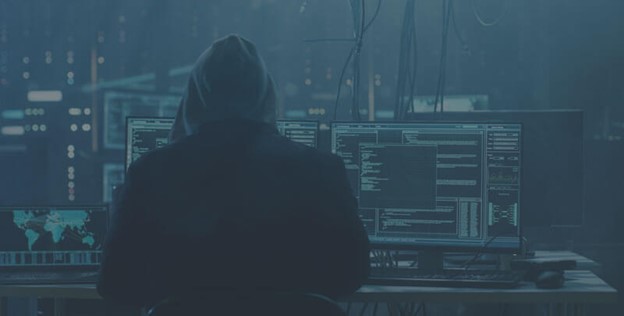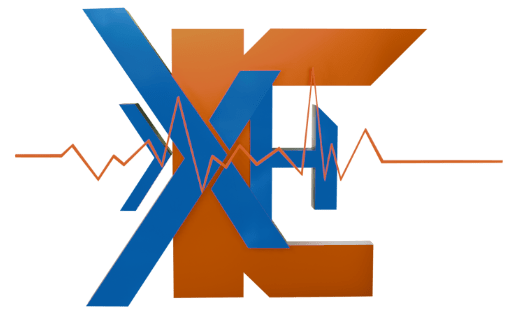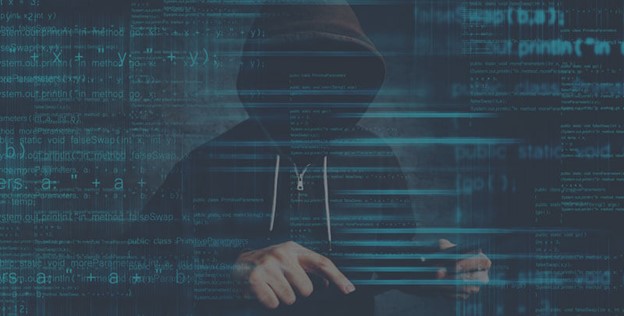
THE 3 BEST WAYS TO PREVENT CREDIT REPORT HACKS
February 28, 2022
WHY CREDIT CARDS ARE BETTER THAN DEBIT CARDS TO AVOID FRAUD
March 2, 2022Despite an increasing emphasis on cybersecurity, organizations continue to lose consumer data to hackers and data breaches on a regular basis. It’s a widespread issue that will probably continue to grow and make you vulnerable to fraud and identity theft.
Despite knowing the basics of protection (don’t share your credit card number, only shop at reputable retailers, etc.), you might not be aware of a dark corner of the Internet that poses a serious threat to your credit and financial security.
It’s known as the dark web, and it traffics in stolen consumer information.
The Dark Web
Most Internet users only visit the visible web and the deep web. There is a visible web comprised of publicly available websites that are indexed and searchable by search engines like Yahoo and Google. Deep web content isn’t searchable and is protected by firewalls, but you probably use it all the time, for example, workplace intranets, online databases, and privately stored documents.
On the other hand, the dark web contains websites that the average user will never see. Sites like these aren’t found by normal search engines, and their identities are disguised with encryption tools. The users of these sites use IP-masking software to hide their location and identity as well.
There are many legitimate and legal reasons for using the dark web, but the anonymity also provides protection against all types of criminal activity. Dark web marketplaces are used to traffic in stolen goods, drugs, weapons, and other illegal materials. According to one 2015 study, the dark web accounts for over $100 million in illegal drug sales annually.
Avoiding these illegal marketplaces is easy, but it doesn’t protect you from identity theft or fraud.
How the Dark Web Threatens Consumers
Data theft is one of the hottest commodities on the dark web. After a breach, hackers might sell credit card numbers, bank accounts, Social Security numbers, and other personal information on a dark web marketplace. The recent Equifax data breach exposed the names, Social Security numbers, birth dates, and other personal information of 143 million Americans.
Depending on the information that is sold, you may be at risk. Fraudsters may use your account information to make online purchases or empty your bank account. Fraudsters can even commit identity theft and open accounts in your name with the right information. These accounts can appear on your credit report, severely impacting your credit and your ability to borrow in the future.
If you are the victim of identity theft, fighting it can be a long and complicated process. In 2016, 15.4 million Americans were victims of identity theft.
How to Protect Yourself
The dark web and data breaches pose several threats. Here are a few ways you can protect yourself.
You should use a different password for every online account you have. In this case, if your password is stolen, only one of your accounts will be compromised. In addition to two-factor authentication, many online accounts require an additional level of security when logging in.
Credit card companies are now offering virtual card numbers to their customers for free. You can use these temporary card numbers to shop online, but they have an expiration date and a spending limit. Lastly, it’s important to monitor your credit report regularly. Although you can do this on your own, reputable credit reporting services can report activity as soon as it appears on your credit report. By doing so, you can easily detect fraud and act upon it right away.
Conclusion
If any organization or online account stores your sensitive data, you cannot be sure that it won’t be stolen and sold on the dark web. Making smart security choices and monitoring your credit will help you reduce the risk and limit the damage if you become the victim of identity theft
Is your personal information on the dark web? Make sure your identity isn’t at risk!


